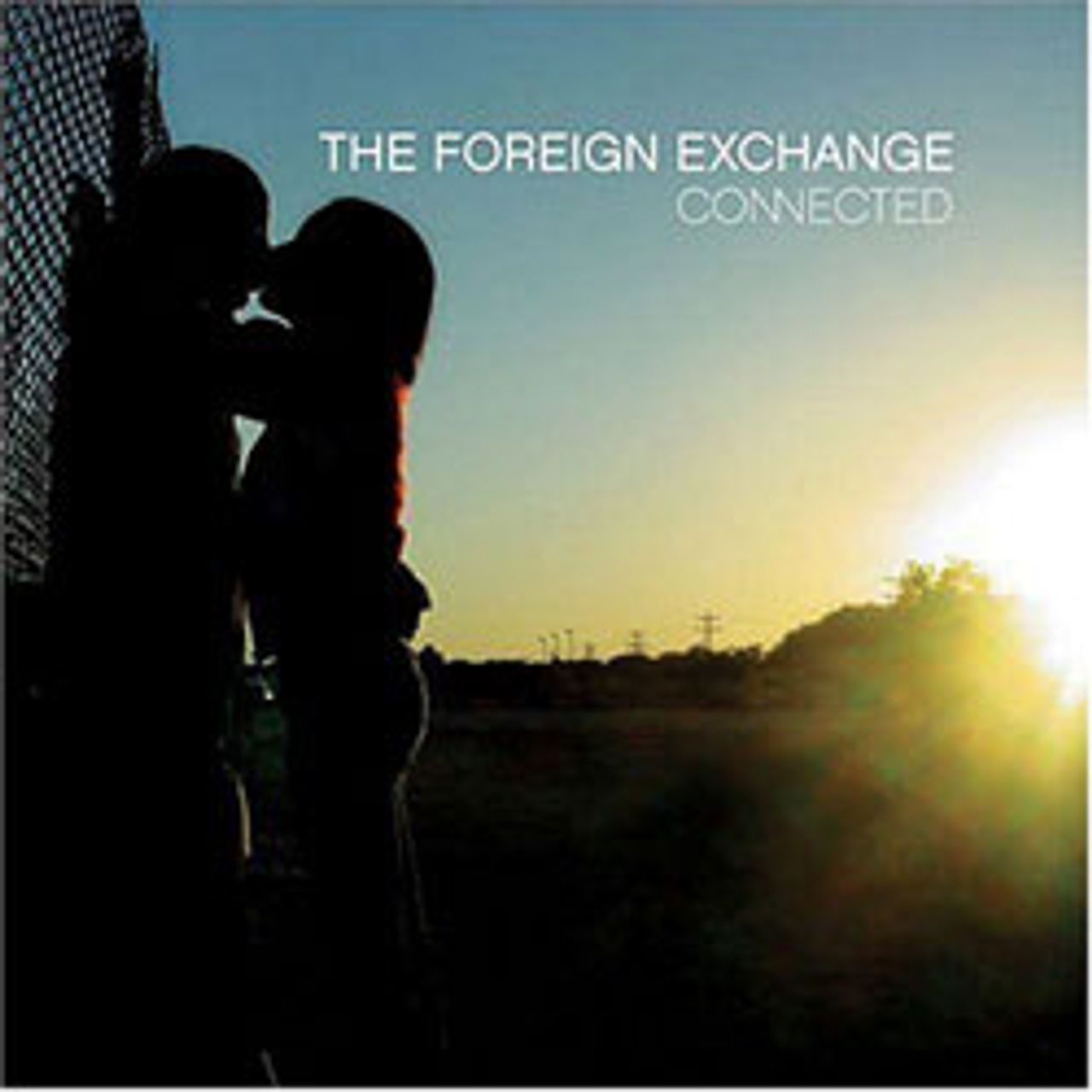 Connected, released in 2004 from hip-hop group The Foreign Exchange, consisting of American rapper Phonte and Dutch producer Nicolay, is an album regarded by many as an alternative rap “classic.”
Connected, released in 2004 from hip-hop group The Foreign Exchange, consisting of American rapper Phonte and Dutch producer Nicolay, is an album regarded by many as an alternative rap “classic.”
The album’s warm instrumentation, with the Fender Rhodes electric piano given a place of prominence and combined with sparse, sharply defined drumming, is heavily influenced by the work of renowned, Detroit-born producer James Yancey (1974-2006).
Connected might be considered representative of so-called underground or alternative hip-hop over the past decade—in its lyrical content and in the performances of Phonte and guest vocalists revealing the strengths and limitations of the genre.
The album was put together through an interesting experiment in a genuinely international musical partnership. The two musicians collaborated by sending MP3 files back and forth online, each adding his contribution. Each of the artists found other musicians in his respective locale—the Netherlands and North Carolina—to make guest appearances on certain songs. This makes for a fascinating creative process, although at times the impersonal character of the musical relationship has its artistic drawbacks.
The Dutch Nicolay, unusual among hip-hop producers in that he is also a trained musician, made his worldwide debut with Connected. The producer usually keeps his sampling to a minimum, preferring live instrumentation. The beats often have a liquid quality, the sounds fading in and out, and playing off one another. While this creates a unique texture, a strength in itself, the beats have a tendency to blend together, with only slight variations evident in the numerous songs that repeat similar themes.
Quite adept lyrically, Phonte, best known for his work as a member of the group Little Brother, is a generous collaborator, whose contribution is neither overly intrusive nor self-aggrandizing. Witty, but never a show-off, and sincere, the rapper is well suited to Nicolay’s thoughtful, reflective compositions.
The album’s best songs are those that refer to real life or criticize things as they are. On the song “Sincere,” for example, Phonte speaks of an estranged relationship with his girl friend, which has gone “from loving and trusting one another to just paying our bills.” As a whole, the song is a fairly moving and honest look at the hardships one faces in a day-to-day relationship placed under economic strain.
Rapping that we “can’t afford to raise kids cause we gotta raise soldiers” and “these days my ends are perfect strangers who won’t never meet each other,” on “Brave New World,” Phonte again addresses the realities of ordinary people in a complex and dangerous world.
All in all, Phonte and Nicolay were a welcome contrast in 2004 to many of the self-involved and sophomoric rappers who populated—and populate—both the mainstream and “underground” rap industry. Many of the songs on the album have an uplifting, inspiring feel to them.
The duo is not immune, however, to displaying some of the most irritating qualities of contemporary rap music. The numerous guest appearances on Connected, a staple of the genre, tend to distract from the album’s better moments. While there is a sense of community to the music, as though Phonte wanted to include all the members of his extended musical family in the work, the album ultimately becomes chaotic. The different voices and styles do not cohere and the quality of the lyrics is diminished, summed up by the “battle rap” and “club songs” included on the album at various points.
Additionally, however moving Phonte’s often vivid and sympathetic pictures of working class life may be, these, too, have their limitations. Lacking a sense of the big social picture, and not apparently striving to develop one, the artists arrive at an impasse on Connected they have not yet been able to overcome. Thus, their narratives about working class life at times take on a bewildered, bleak (and somewhat banal) character. “Things are difficult, but what can one do? Work, hustle, do one’s best to overcome it” is the general line of thought. One hopes the musicians who took part in The Foreign Exchange can move beyond this.
